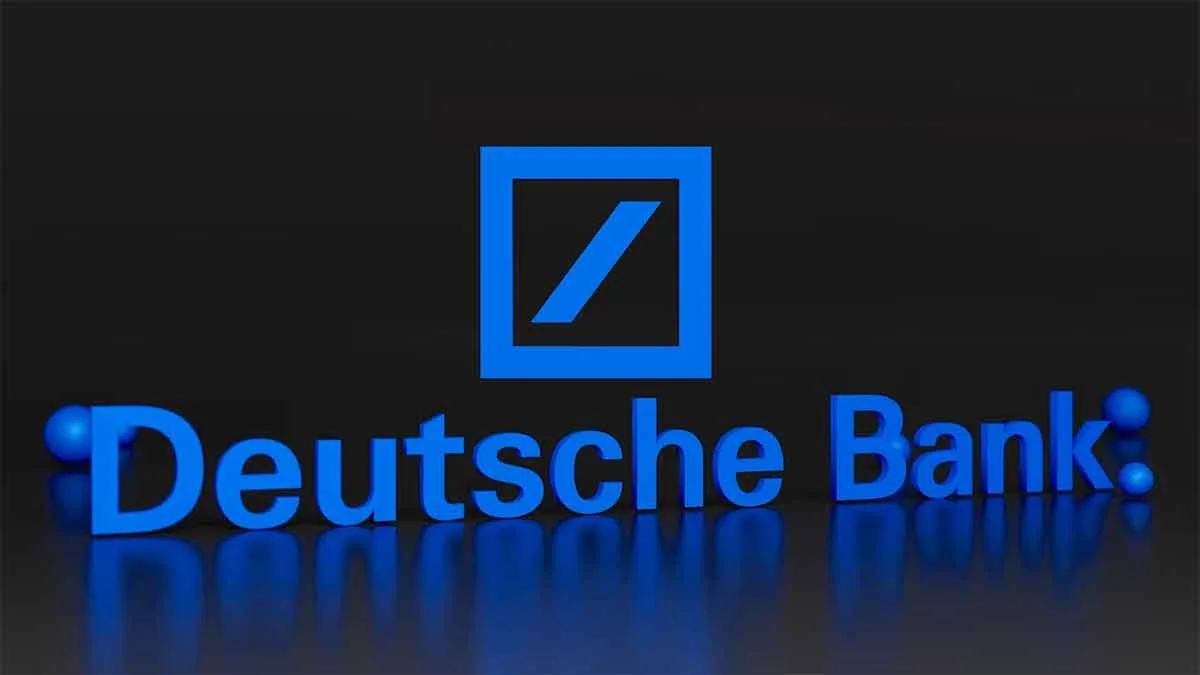The United States finds itself amidst a contentious debate surrounding the possibility of an impending recession. Despite facing substantial interest rate hikes, the labor market and consumer spending have shown remarkable resilience. However, Deutsche Bank, with absolute certainty, now asserts that the nation is hurtling toward a recession.
Presently, the short-term benchmark fed funds rate sits at its highest point since 2006. Alas, inflation remains twice the Federal Reserve’s intended target. Chairman Jerome Powell of the Federal Reserve cautioned the public after the most recent policy committee meeting that more rate increases might be required to successfully control inflation.
Chairman Powell expressed the unanimous consensus of the Committee, stating that forthcoming gradual increments in the target range for the federal funds rate would likely be necessary to accomplish and sustain our objectives. Looking ahead to 2023, the Federal Reserve foresees a remarkable 5.6% projection for the Fed funds rate, exceeding the current target range of 5% to 5.25%. This upward revision indicates growth from the previous estimate in March, which stood at 5.1%.
While the potential for further rate increases exists to bring inflation down to the desired 2%, the consequences could prove severe. According to David Folkerts-Landau, the Chief Economist at Deutsche Bank, a recession is an inevitable outcome. He proclaims, “The United States is on the brink of experiencing an unparalleled boom-bust cycle driven by policy, an occurrence unprecedented in at least the last four decades. The inflation we presently witness can be largely attributed to expansive fiscal and monetary policies, and the necessary aggressive rate hikes have now come to fruition. Avoiding a harsh landing would defy historical precedence.”
Deutsche Bank’s forecast includes at least one additional 25-basis-point increase to the fed funds rate scheduled for July. The bank highlights that despite modest progress in balancing the labor market and curbing inflation, both aspects remain far from meeting the Federal Reserve’s objectives.
Concerning consumer spending, Deutsche Bank projects a slowdown, with the majority of surplus savings expected to be expended by October. In a gradual manner, the projected trajectory indicates that the unemployment rate will ascend, exceeding 4% by the end of the year and reaching 4.5% in the first quarter of 2024. As of May, the jobless rate stood at 3.7%.
Deutsche Bank anticipates a “moderate recession” commencing in the final quarter of 2023, and persisting through the first quarter of 2024. Economic growth for the upcoming year is estimated to contract by 0.4%, a stark contrast to the 1.4% growth experienced this year.
Also Check: Basic Income – How to Get $6,000 in Cash for a Year
Regarding inflation, Deutsche Bank foresees the Consumer Price Index (CPI) hovering around 2.75%, while the core CPI, excluding the volatile food and energy sectors, is expected to stabilize at approximately 3.5% by year-end. In May, the CPI was measured at 4%.
In addition to these concerns, there are other ominous risks on the horizon. Geopolitical tensions, including the Russia-Ukraine conflict and the strategic competition between the United States and China, have the potential to impact the bank’s outlook. Furthermore, Folkerts-Landau’s team suggests that the possibility of a potent El Niño event leading to increased food prices further contributes to the inflationary pressures.
Despite the somber outlook, there remains a glimmer of hope in the realm of artificial intelligence (AI). Folkerts-Landau proposes that AI could serve as a novel source of growth, stating, “Given the discouraging cyclical outlook, low productivity, and declining demographics, we are desperate for a new avenue of growth.” Nevertheless, he cautions that the benefits of AI will take time to materialize, likely not until later in this decade.
In the immediate future, Deutsche Bank expects the decline in inflation and the impending recession to prompt the Federal Reserve to commence rate cuts in March 2024. In a manner reminiscent of the prior aggressive rate hikes, Deutsche Bank foresees swift cuts in increments of 50 to 75 basis points until reaching 2.625%.
